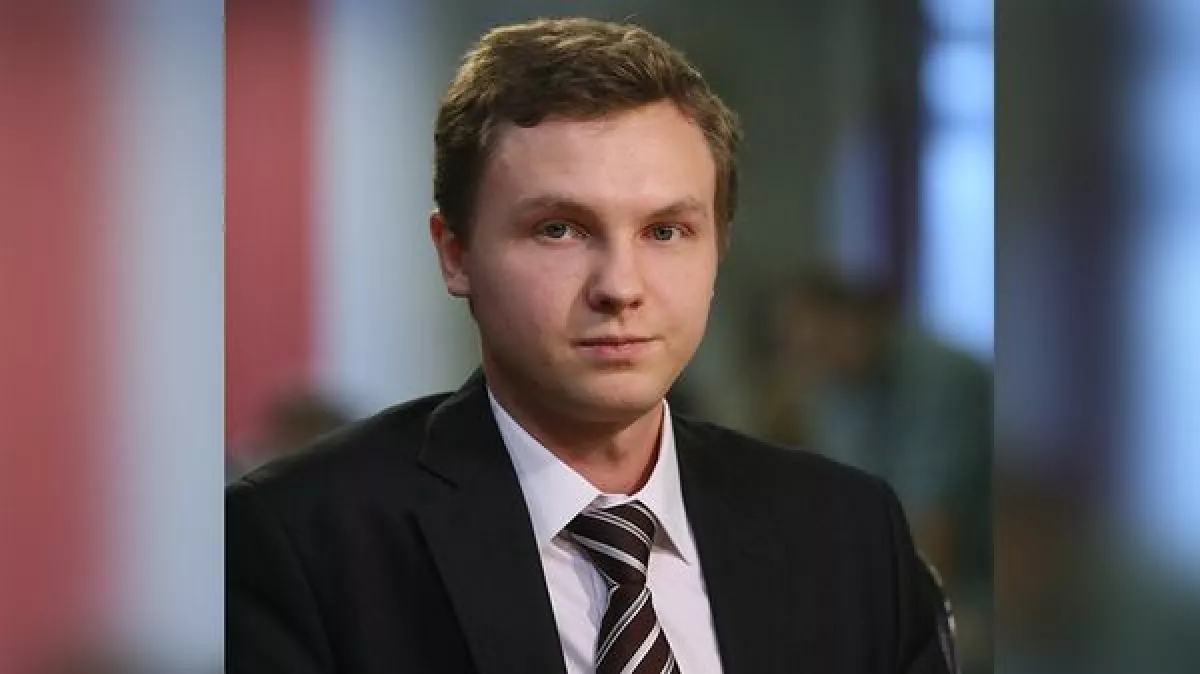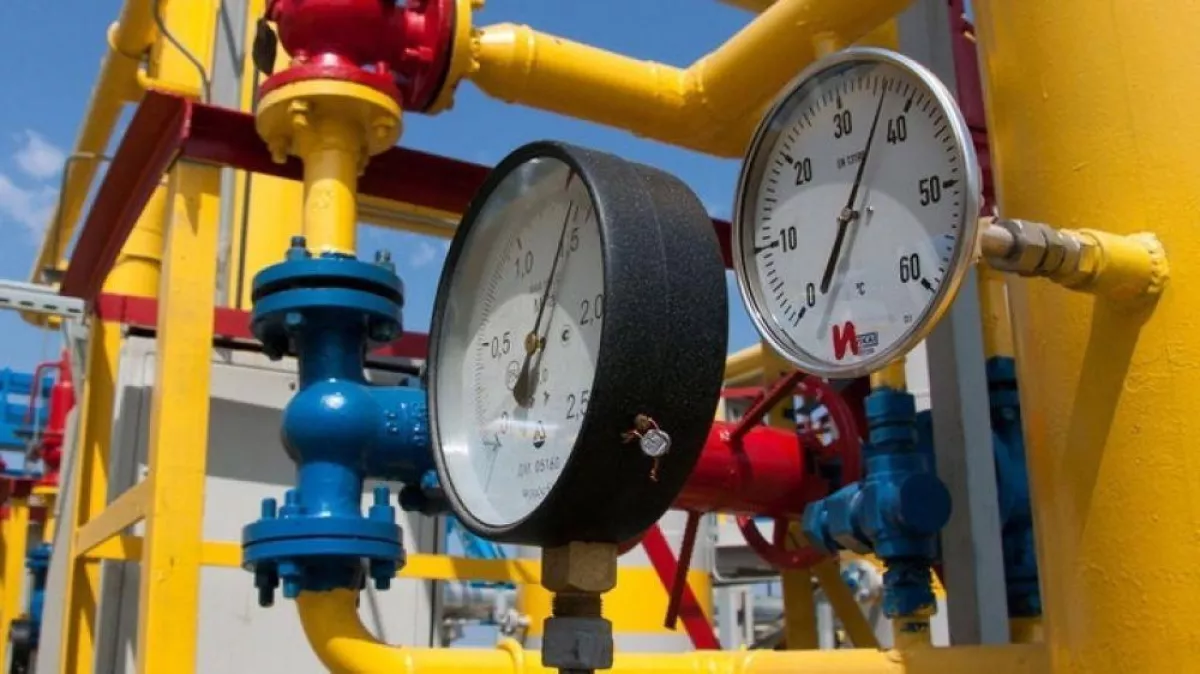Europe faces energy dilemma Can the EU really quit Russian gas and oil?
On October 16, the European Parliament’s Committee on Industry and Energy will vote on the European Commission’s proposal for a complete phase-out of Russian gas and oil imports. According to the proposal, the signing of new contracts for the supply of Russian gas will be prohibited from the beginning of 2026. Existing short-term contracts will be valid until mid-June 2026, while long-term contracts will expire on January 1, 2027. The import of Russian oil and petroleum products is expected to cease in 2026.
However, many European experts remain sceptical about this initiative, noting that the European Union has been attempting to reduce its dependence on Russian gas and oil since 2022—with limited success. Moreover, as reported by Reuters, seven EU member states have actually increased their imports of Russian energy resources. According to the agency, France, Belgium, the Netherlands, as well as Croatia, Romania, Portugal, and Hungary have all boosted their purchases of Russian energy in monetary terms compared to the previous year. For instance, France’s imports of Russian energy rose by 40% to €2.2 billion, while those of the Netherlands surged by 72% to €498 million.
How realistic are the EU’s new attempts to fully sever its energy ties with Moscow? Experts from the EU and Russia share their views with Caliber.Az.

According to Austrian political scientist and Doctor of Law Rudolf Valeev, the European Union has shown considerable progress in its efforts to reduce dependence on Russian energy resources, and this decision could potentially affect Moscow’s plans to continue military operations in Ukraine—or at least, that is what the EU is counting on. However, there are certain nuances to consider.
“If in 2022 Russian gas accounted for 45% of the EU’s total gas imports, it now stands at just 12%. The decline in purchases of Russian gas is evident, and it is clear that Moscow is steadily losing importers in the West. But whether the EU can bring this figure down to zero for all member states by 2028 remains a big question. For instance, EU countries such as Hungary, France, and Belgium still import Russian gas, while Slovakia and Hungary continue to import Russian oil. These states have openly voiced their dissatisfaction at being pressured to give up cheap Russian oil and instead buy more expensive supplies from other sources.
There is still no full consensus in Europe on this issue, largely because countries that rely on inexpensive Russian energy are facing serious budgetary constraints and sector-specific economic crises. For them, switching to more expensive fuel is a real test of endurance. Therefore, EU leadership wants to push this process more decisively. Under their plan, the new law will require Hungary and Slovakia—both of which still import Russian oil—to develop national plans for ending these purchases by 2028.
Brussels also intends to ‘pressure’ France and Belgium into compliance. However, it is far from certain that these countries will unconditionally endorse the EU’s directives. For example, as a result of changing suppliers and rising fuel prices, their governments may be forced to take measures unpopular with the public—such as increasing utility tariffs or certain taxes. The public reaction to such steps could be far more intense than expected, potentially leading these governments to clash with the European Union. Theoretically, such a scenario cannot be ruled out.
Meanwhile, there are suppliers capable of offering energy resources at competitive prices—for instance, Azerbaijan, which already exports its gas to several EU countries. This is a good alternative. However, even with Baku’s support, completely replacing Russian oil and gas consumption would be difficult—it would require significantly more time,” said Valeev.
In turn, Igor Yushkov, an analyst at the Russian National Energy Security Fund and an expert at the Financial University under the Government of the Russian Federation, believes that the upcoming vote in the European Parliament on rejecting Russian energy resources will not bring the EU any closer to a genuine break in its energy ties with Russia. Rather, it is an attempt to create the illusion of unity within the bloc—something that does not actually exist. The main goal, he says, is to pressure those countries opposing a complete embargo on Russian energy, primarily Hungary and Slovakia.

“We’ve already seen similar initiatives. For example, in June 2025, a roadmap was published outlining a phase-out of Russian gas, oil, and nuclear fuel—in effect, a full ban on energy cooperation. However, the document was purely advisory, and attempts to give it legal force failed. Hungary and Slovakia made it clear in advance that they would use their veto power, and the proposal never even made it to a vote,” the expert noted.
According to him, pressure on these countries is now increasing. Despite this, Budapest and Bratislava are striving to preserve their most advantageous areas of cooperation—pipeline supplies of oil and gas, as well as collaboration in the nuclear sector.
“They agree to partial concessions—for example, to the ban on importing Russian LNG—in order to ease external pressure. Directly, this does not affect them, since they do not purchase LNG, but indirectly, the rise in gas prices on the European market will hit them as well,” he explained.
The expert emphasised that a ban on Russian LNG would lead to reduced competition and higher gas prices. Russia is the second-largest LNG supplier to Europe after the United States, and its removal from the market would force the European Union to increase fuel imports from the Middle East, such as from Qatar.
According to him, Hungary and Slovakia continue to import Russian oil through the Druzhba pipeline and gas via the TurkStream. In Brussels, alternative pressure mechanisms are increasingly being discussed, including the possibility of cutting off transit through Bulgaria and Ukraine: “This would allow the EU to halt supplies without having to overcome a veto in the European Council.”

The expert also addressed the issue of Azerbaijani gas supplies to Europe. According to him, Brussels is once again counting on Baku as a potential replacement supplier, but technical and investment constraints limit the feasibility of this scenario.
“Azerbaijan is already supplying Europe as much as its production and transportation capacities allow. To increase volumes, it would require investments in the billions and long-term contracts that would guarantee a return on these investments. However, the Europeans are behaving strangely and are not providing such guarantees to Baku. The EU’s decarbonisation strategy and its goal to phase out fossil fuels by 2050 also influence these decisions,” the expert emphasised.
He also noted that new avenues for cooperation may open up for Azerbaijan, such as participation in the privatisation of the Serbian NIS oil refinery following the exit of Russian shareholders.
“This refinery is one of the most modern in Europe, and SOCAR’s interest in it appears entirely logical,” said Yushkov.








